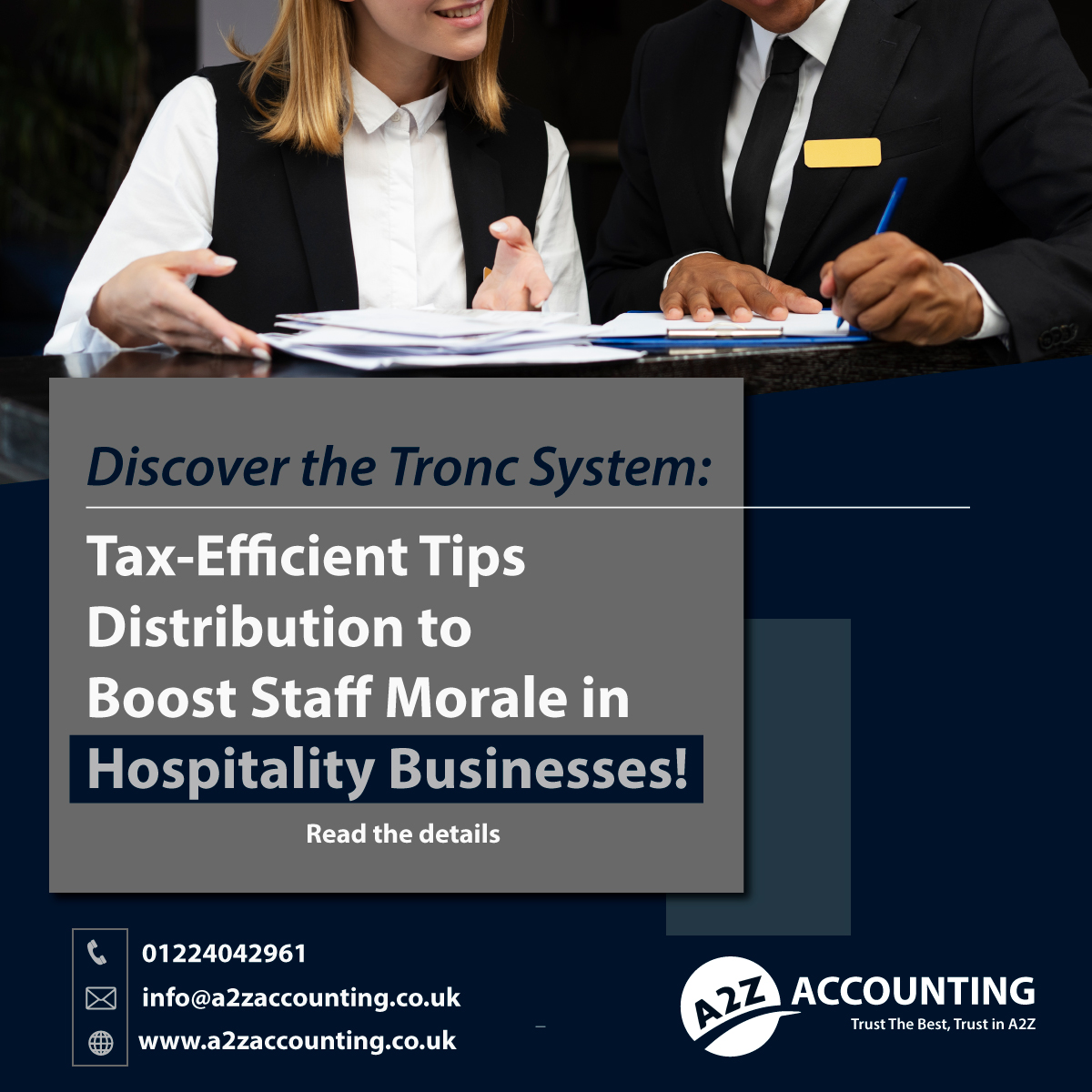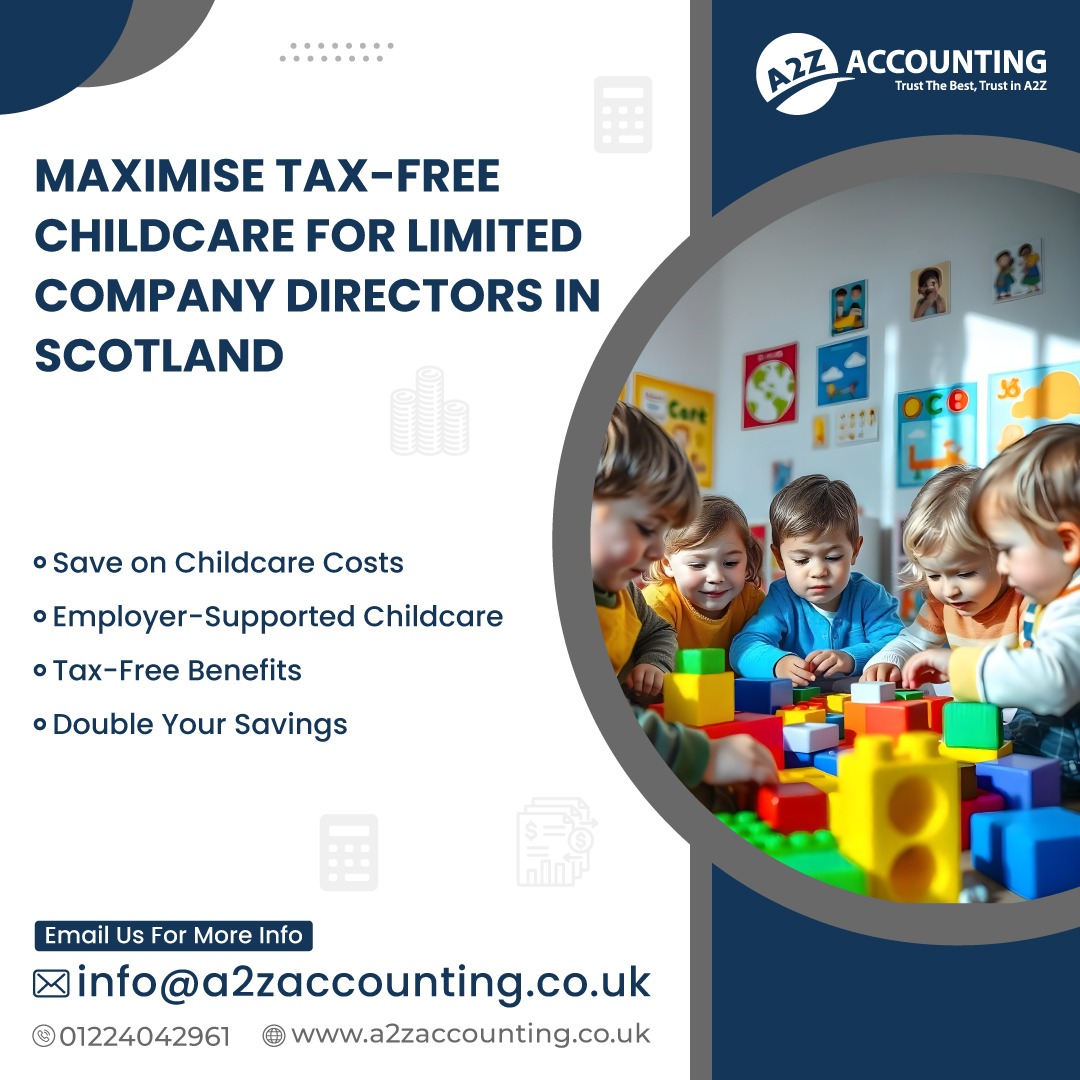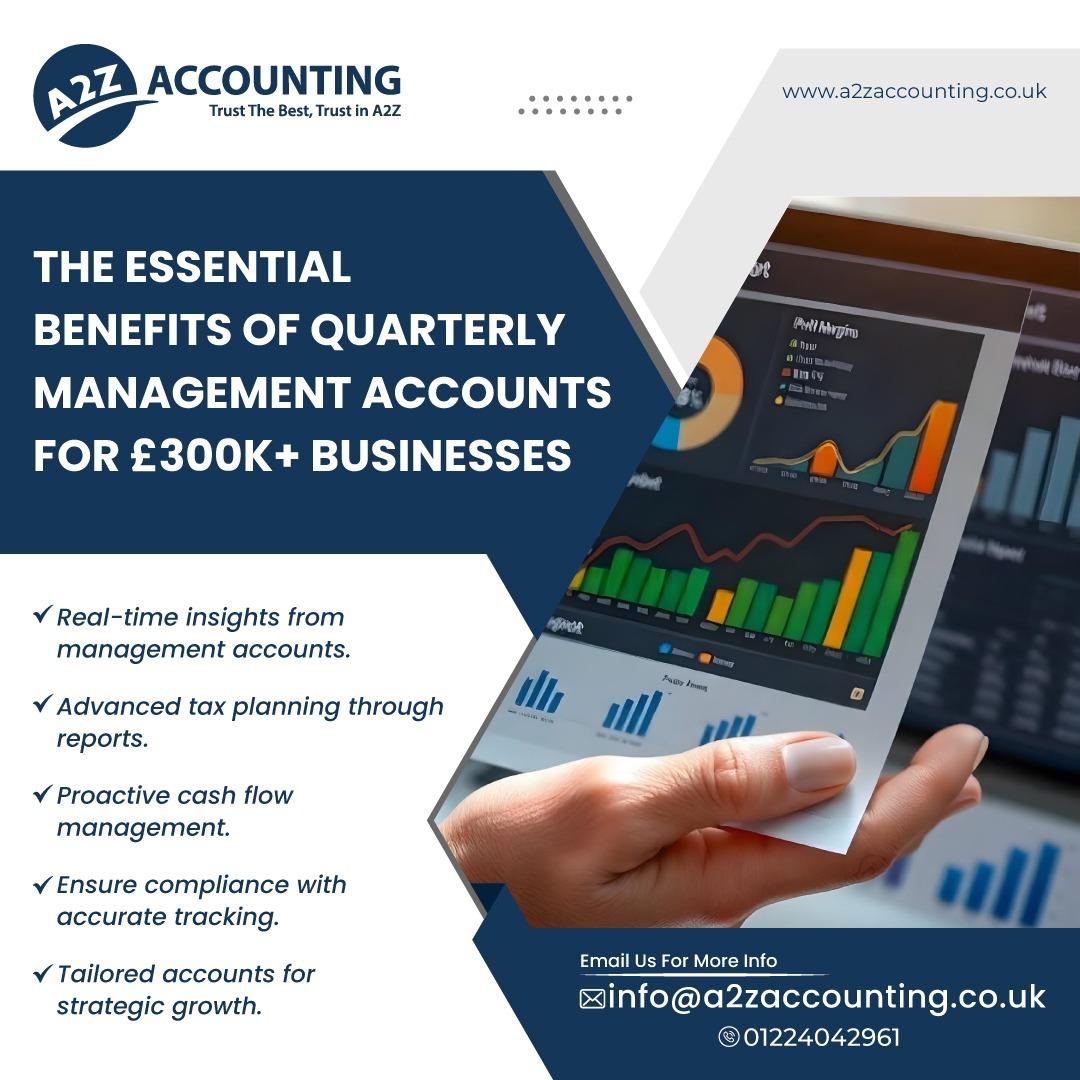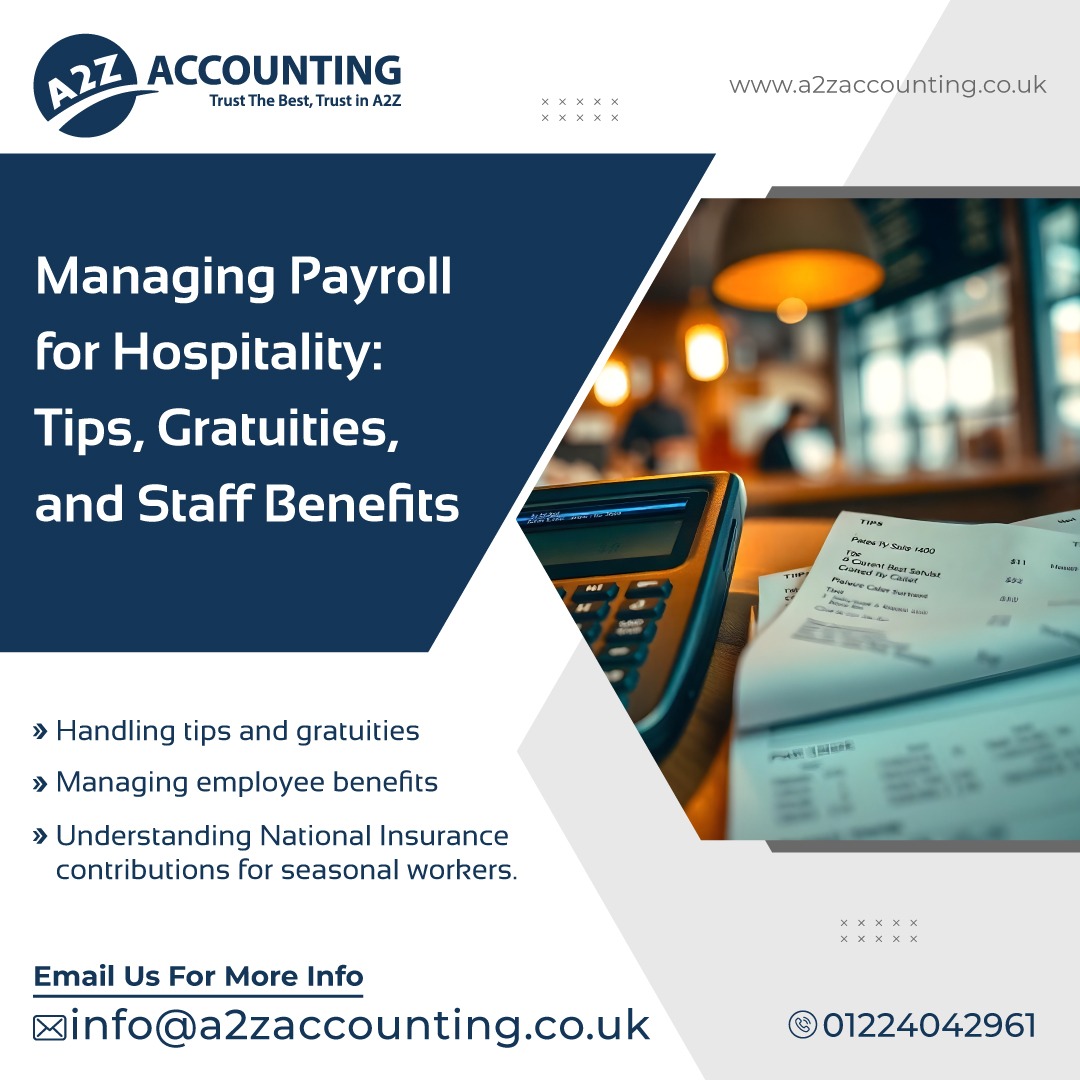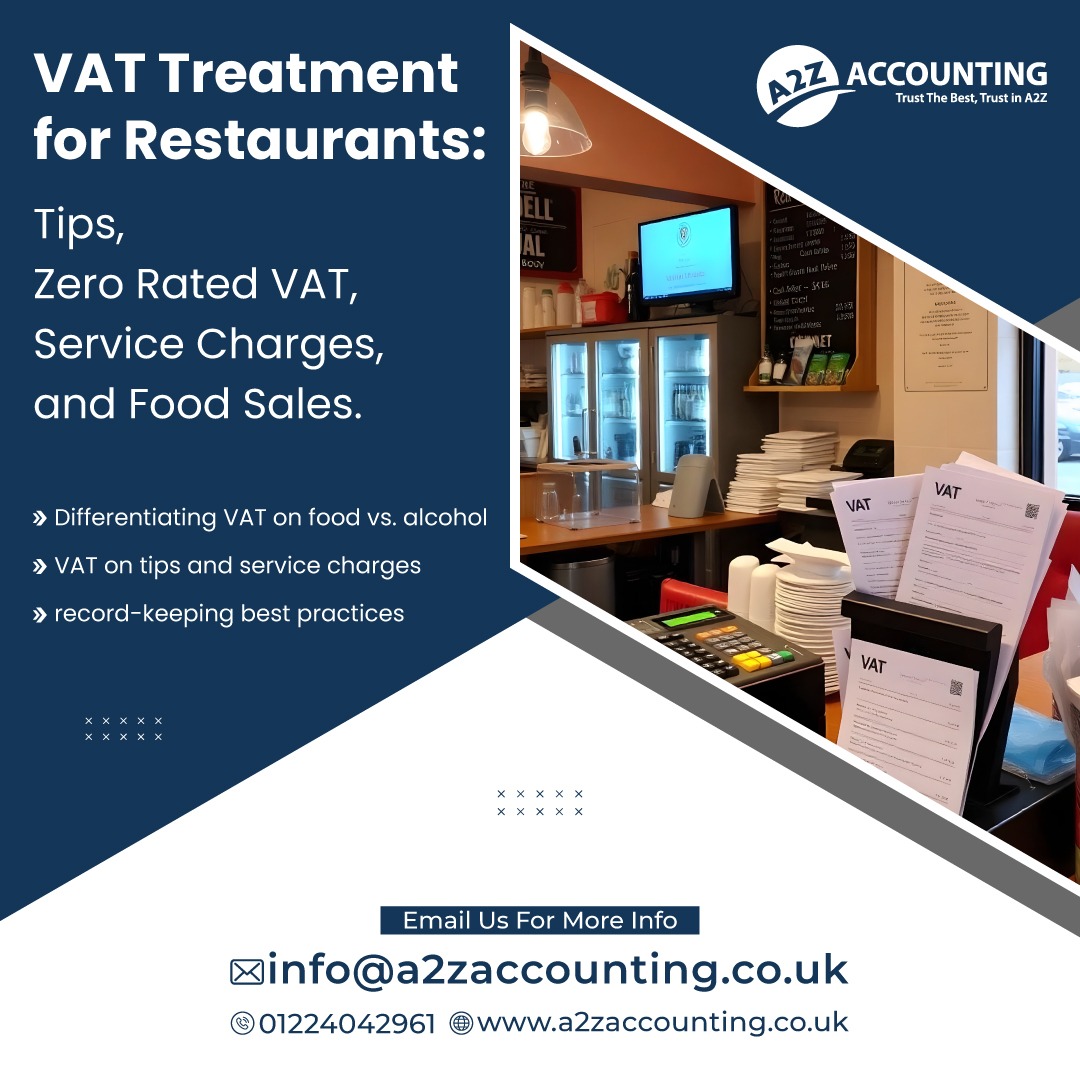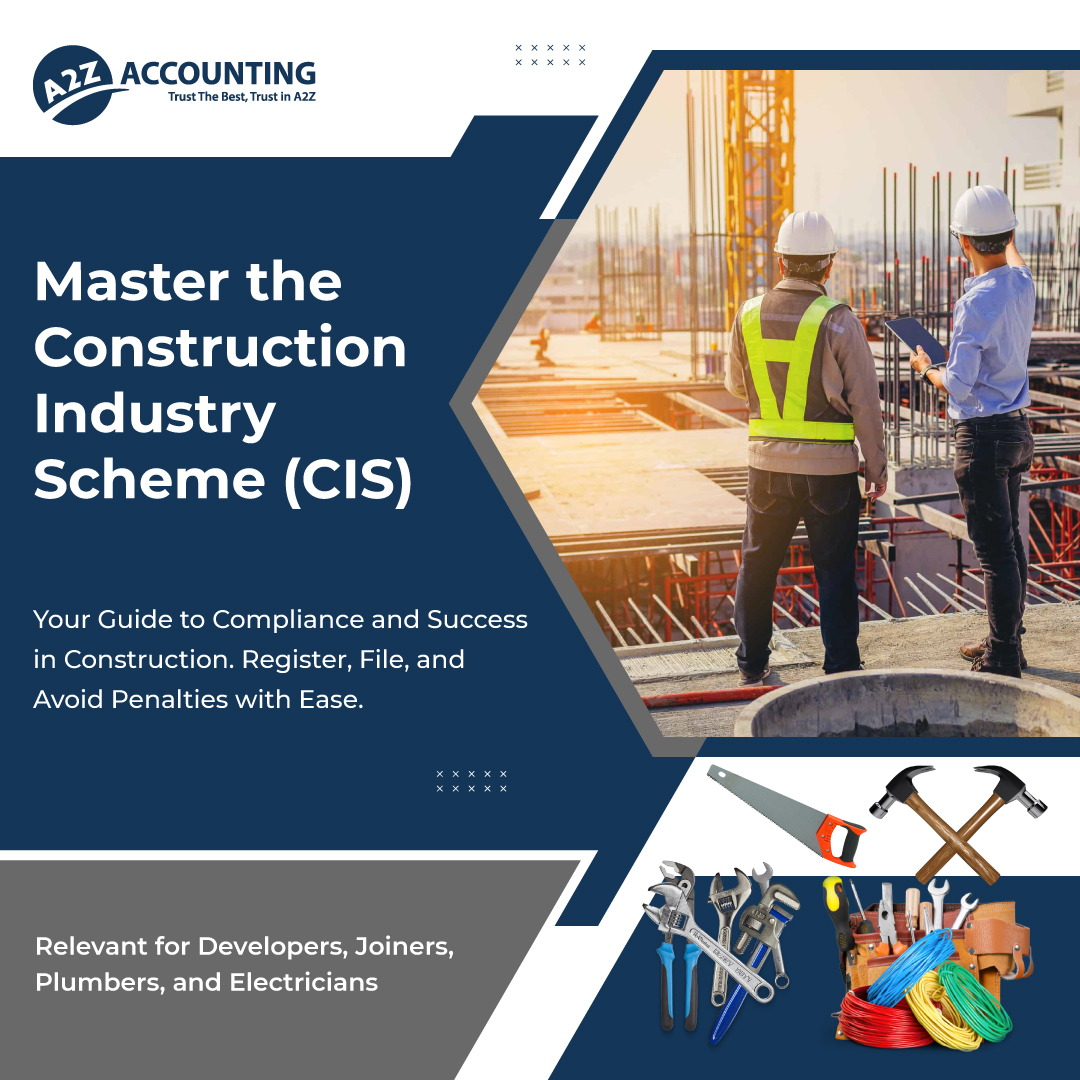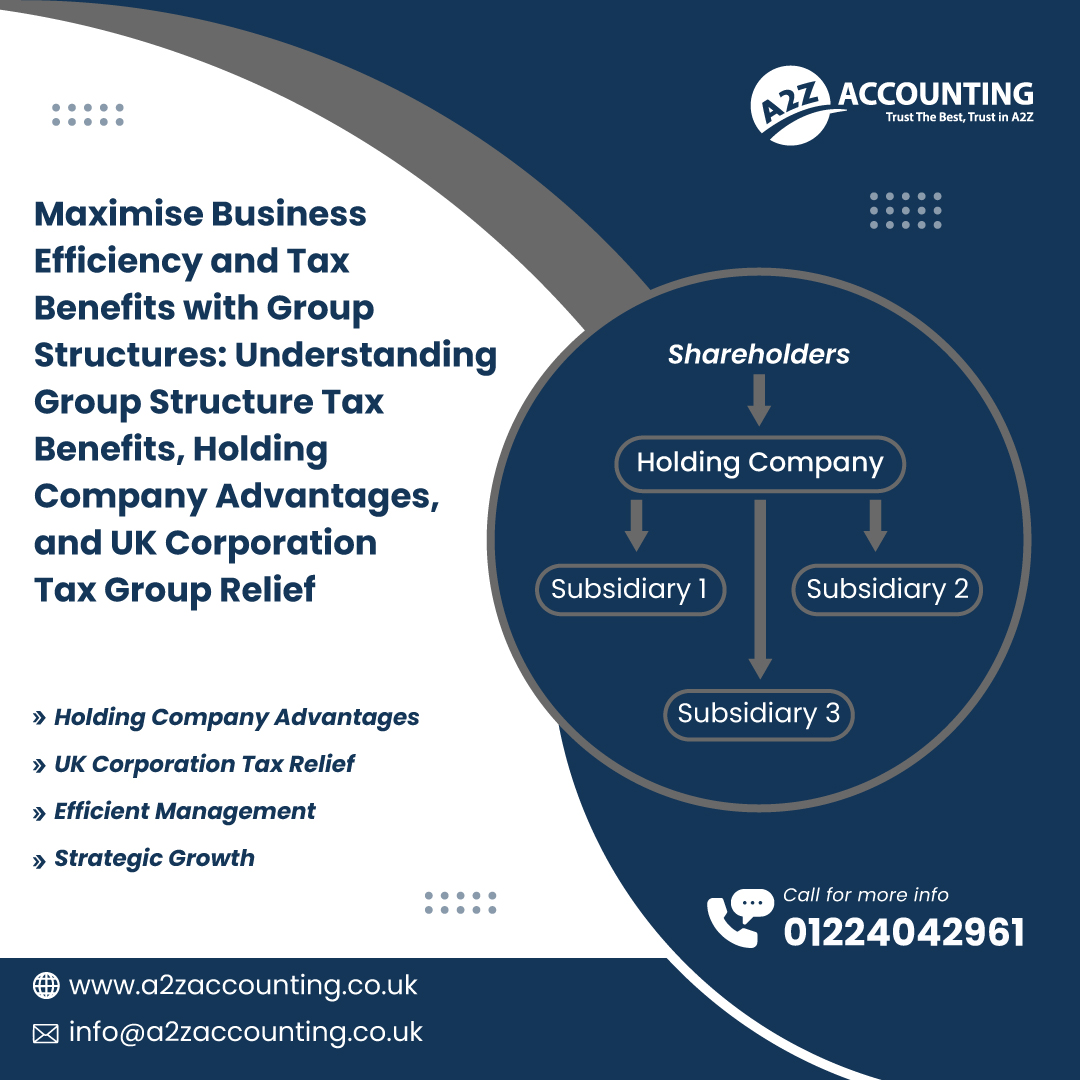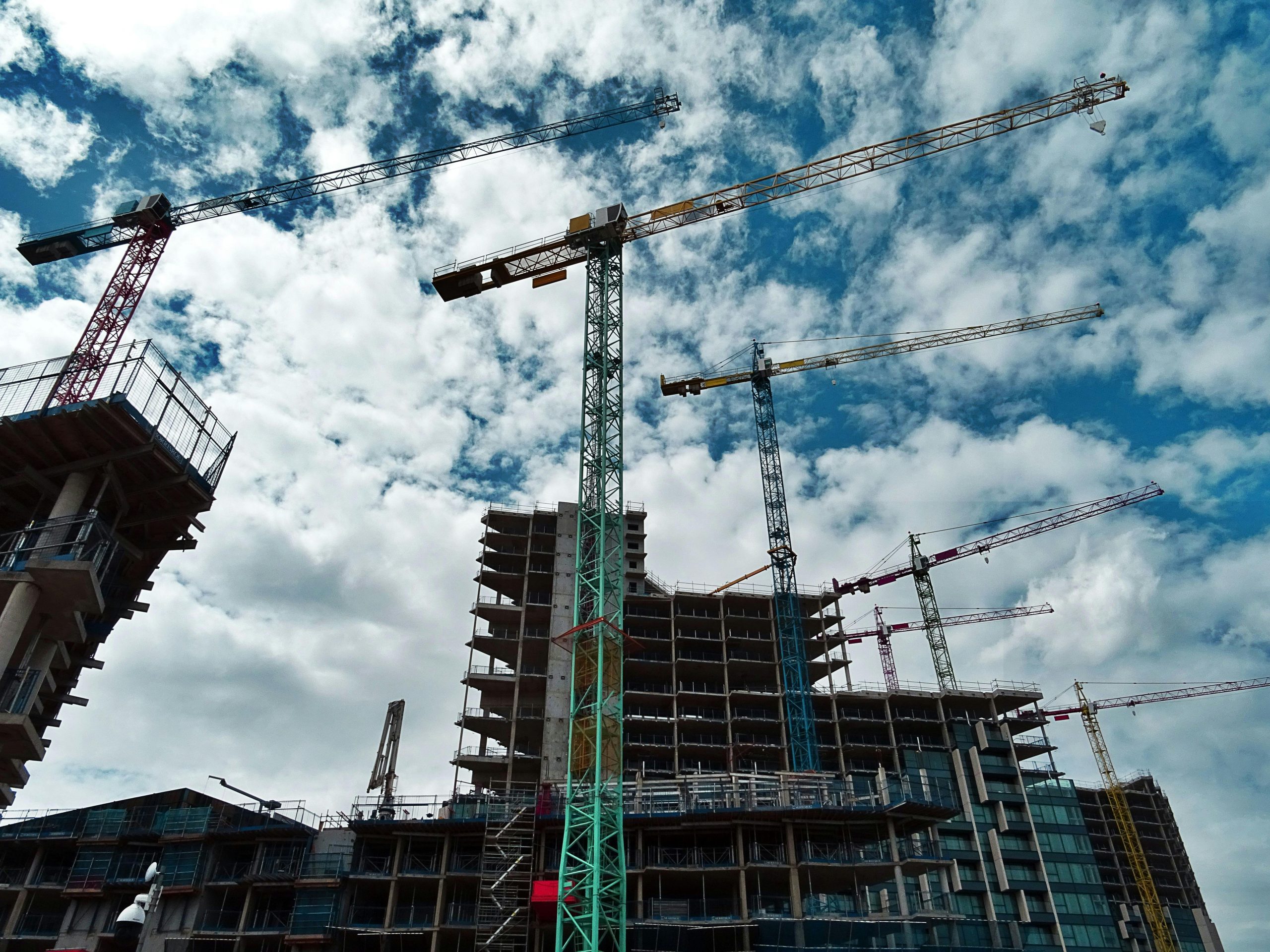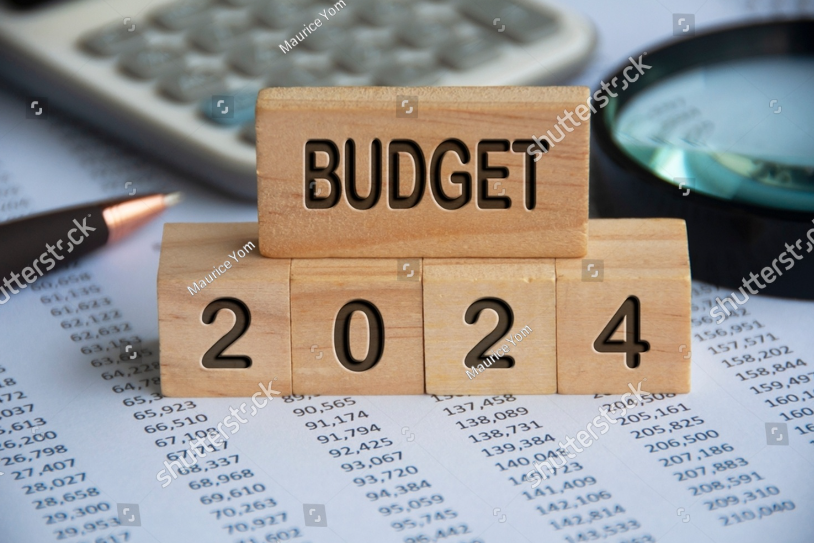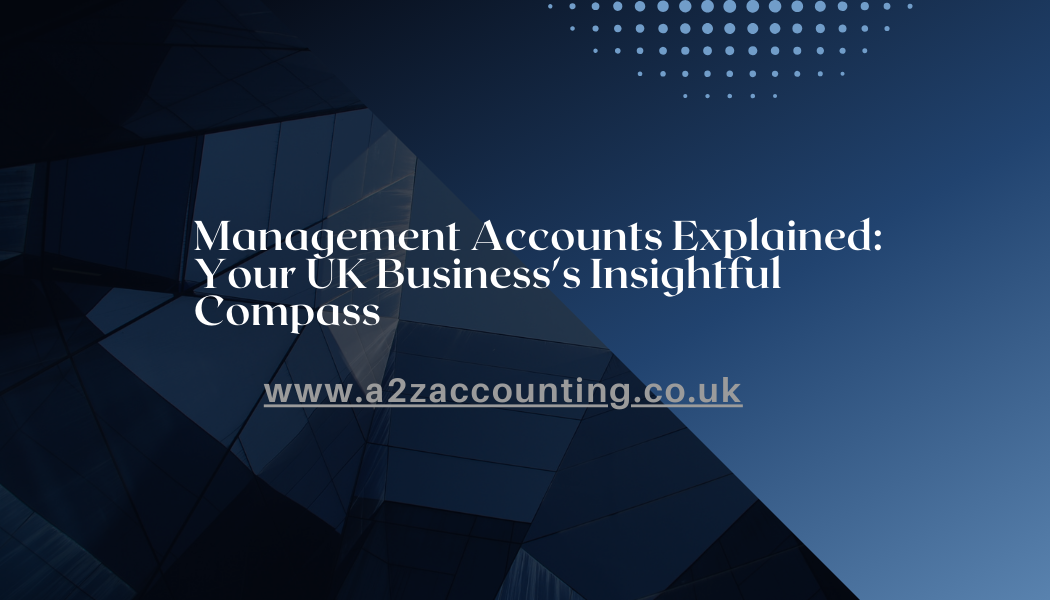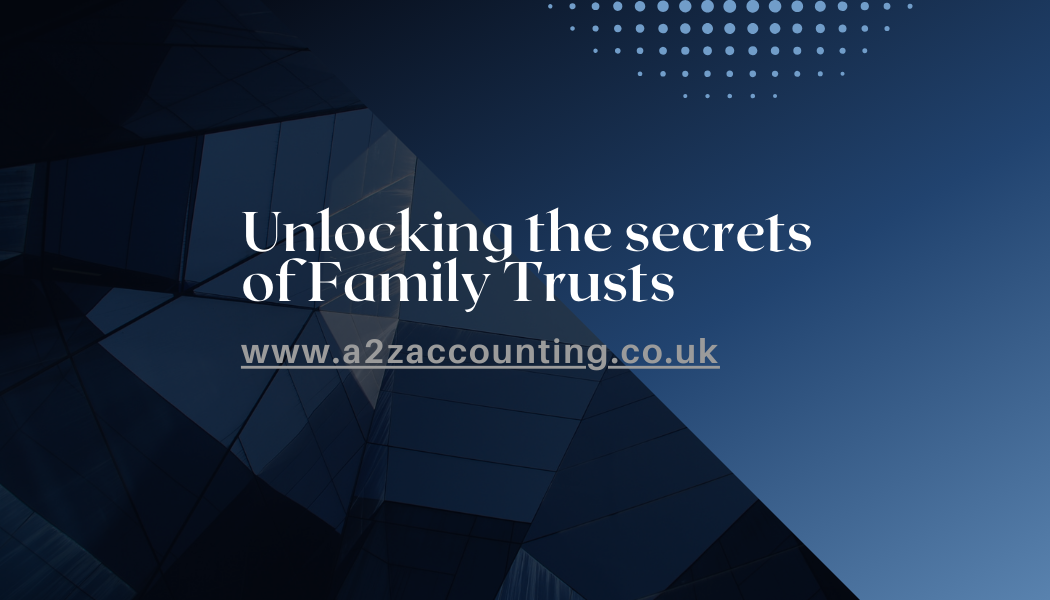Making Tax Digital for income tax will become compulsory for self-employed landlords who make more than £10,000 per year in April 2024. The new MTD system will replace keeping tax records on paper.
HMRC intended to bring in this change in April 2023, but postponed it for a year following the disruption of the Covid-19 pandemic. The new system will require landlords to send tax updates digitally to HMRC using approved software, rather than completing a self-assessment tax return.
The tax office says this will create a real-time system whereby self-employed people can see how much income tax they owe on an ongoing basis. HMRC suggests signing up early will give people time to get used to the system before the compulsory deadline.
How can landlords prepare for MTD?
Landlords who rent out property in the UK can sign up now unless they’re operating as a partnership or a limited company. They need to use compliant software to compile records and send their income and expenditure summary to HMRC every three months. This enables participants to see estimates of how much tax they’ll owe.
At the end of each accounting year, landlords must send a final report to HMRC. This is when you can claim any tax reliefs and allowances. This replaces the self-assessment tax return, the end-of-period statement and the final declaration.
Which landlords are affected?
All landlords with a total gross income of more than £10,000 annually will have to comply with MTD by April 2024. The £10,000 income threshold comprises the total income from all the landlord’s properties before any deductions.
If the landlord receives additional self-employment income as well as their property rental income, the £10,000 income combines sources. It doesn’t include any employment income.
Landlords may be exempt from MTD under certain conditions if the individual has successfully applied for an exemption. If it’s not practical for you to keep business records using digital tools because of disability, age, remoteness of location or any other reason, an exemption may be considered.
If you’re a practising member of a religious society whose beliefs are not compatible with using electronic communications, you can also be considered for exemption.
Will anything stay the same?
Several factors will remain unchanged, including the underlying tax rules, the existing income tax payment deadlines and the level of information and detail required on the current self-assessment tax return form.
Landlords will need to submit tax updates every quarter, rather than completing an annual tax return by the 31st of January. They will be allowed 30 days after the end of the quarter to make their submission.
If you’re concerned about the impact of MTD, your business could become more efficient by using the services of a professional accountant, who can advise on tax-saving practices. Trust the best accountant in Scotland, A2Z Accounting of Aberdeen, to manage your MTD transition smoothly.

